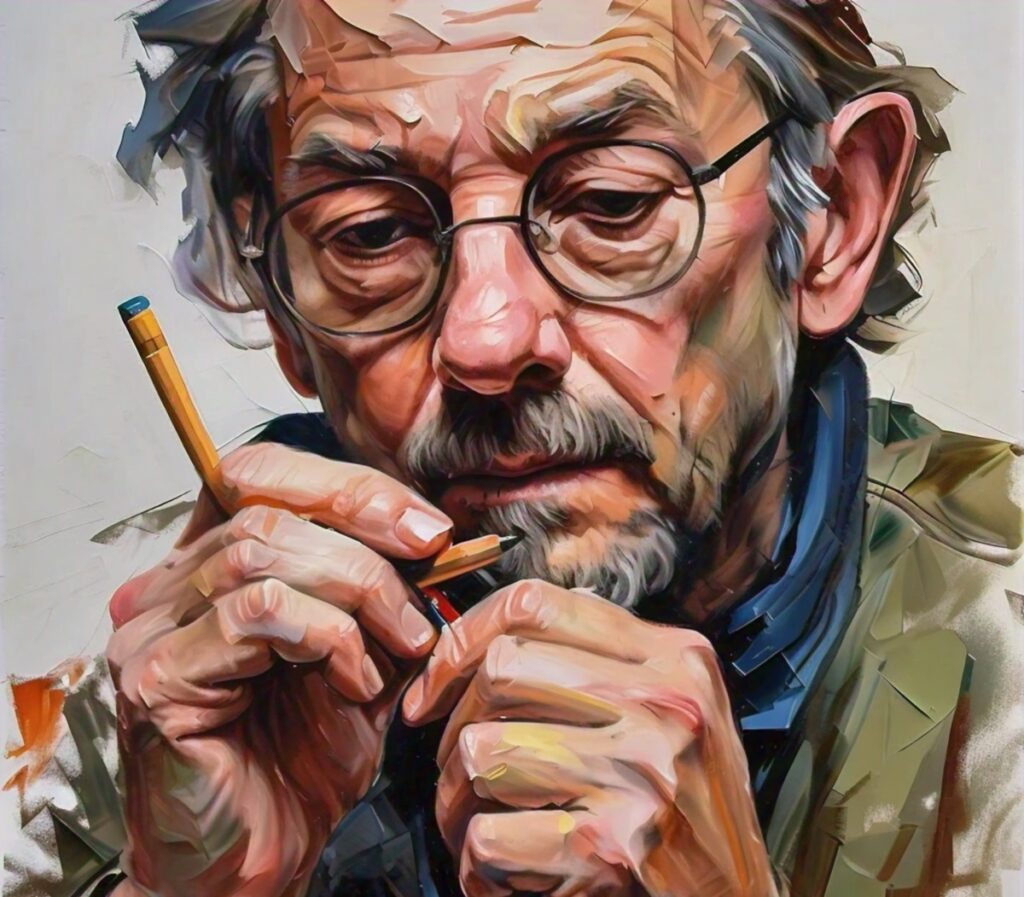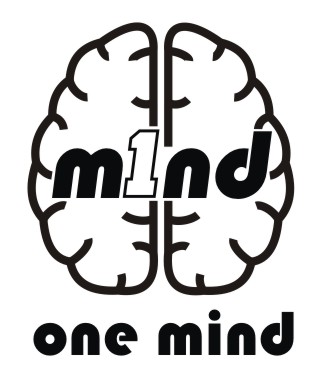
Today’s journey is SUPER practical, and also really simple.
How good is your brain at concentrating? At keeping focus? And is this an ability that you can develop?
“The real meditation practice is how we live our lives from moment to moment to moment.” – Jon Kabat-Zinn
This doesn’t mean that we shouldn’t make ourselves sit down for a meditation but it is a reminder that sitting down to meditate is not the point, the point is being able to get up from a meditation, step out into our lives and tend to our lives from moment to moment, and that this is hard to do with an untrained mind.
“The mind that has not been developed or trained is very scattered. That’s the normal state of affairs, but it leaves us out of touch with a great deal in life, including our bodies.” – Jon Kabat-Zinn
“Concentration is a cornerstone of mindfulness practice. Your mindfulness will only be as robust as the capacity of your mind to be calm and stable. Without calmness, the mirror of mindfulness will have an agitated and choppy surface and will not be able to reflect things with any accuracy.” – Jon Kabat-Zinn
I love this analogy with water. A mind that is not calm and stable can be compared to a pond when the surface is choppy – when there is a storm in your pond – and we could learn not to trust the reflection we see on this broken surface, but wait for calm to return and know that the reflection we see on the smooth surface is much closer to the truth.
“But when we start to focus in on what our own mind is up to, for instance, it is not unusual to quickly go unconscious again, to fall back into an auto-pilot mode of unawareness.” – Jon Kabat-Zinn
“It’s okay that the mind drifts away but you just bring it back.” – Jon Kabat-Zinn
We shouldn’t have the unrealistic expectation that we can sit down for a meditation and somehow prevent our mind from wandering. After all, the thing that a brain does is to think thoughts.
The benefit of meditation for our brains lies not in successfully having an empty mind, but in “attending” to our mind. The process of noticing your mind wander and then returning your thoughts to the point of focus, again, and again, and again…
“Science is now documenting that it’s not the objects of meditation that are important, it’s the process of paying attention to them – the attending – that actually influences the organism in a whole range of different ways. The brain changes significantly enough to impact thought, emotion, and other biological functions. Today, people recognize that they’re not going to find well-being from the outside, or from a pill; they’re going to find it by looking inside. All the suffering, stress, and addiction comes from not realizing you already are what you are looking for.” – Jon Kabat-Zinn
The process of catching our minds wandering and returning it to focus is, simply described, what brings us to wholeness. The kind of multi-tasking that our brains do in a world full of distractions, is pulling our whole system in all directions at once. This is something that the organism, which is our body, cannot constantly deal with in a healthy way unless we supplement with a practice that is designed to bring our whole system together, turn inward and regroup.
Today’s meditation is an opportunity to practice catching the mind wandering and simply return it to the point of focus, again and again… and again…
So, how can you start incorporating mindfulness into your daily life? Here are a few simple practices to get you started:
- Mindful Breathing: Take a few moments to focus on your breath. Pay attention to the sensation of the breath as it enters and leaves your body.
- Mindful Eating: Slow down and savour each bite of your meal. Pay attention to the taste, texture, and smell of your food.
- Mindful Walking: Focus on the sensation of your feet touching the ground with each step. Notice the sights, sounds, and smells around you.
- Mindful Listening: When you’re having a conversation with someone, give them your full attention. Listen actively and respond thoughtfully.
The beauty of mindfulness lies in its simplicity. It doesn’t require any special equipment or extraordinary abilities. All it takes is a willingness to be present and to observe our thoughts and feelings without judgement. By consistently returning our attention to the present moment, we can gradually cultivate a greater sense of peace, clarity, and focus.
So, let’s embrace the power of paying attention. Let’s train our minds to be calm and stable, so that we can focus on what truly matters. By doing so, we can unlock our full potential and live a more fulfilling life.
Come and practice your focus “muscle” with us, and have a beautiful day!
– pierre –
Today’s LIVE meditation is: Focus.
